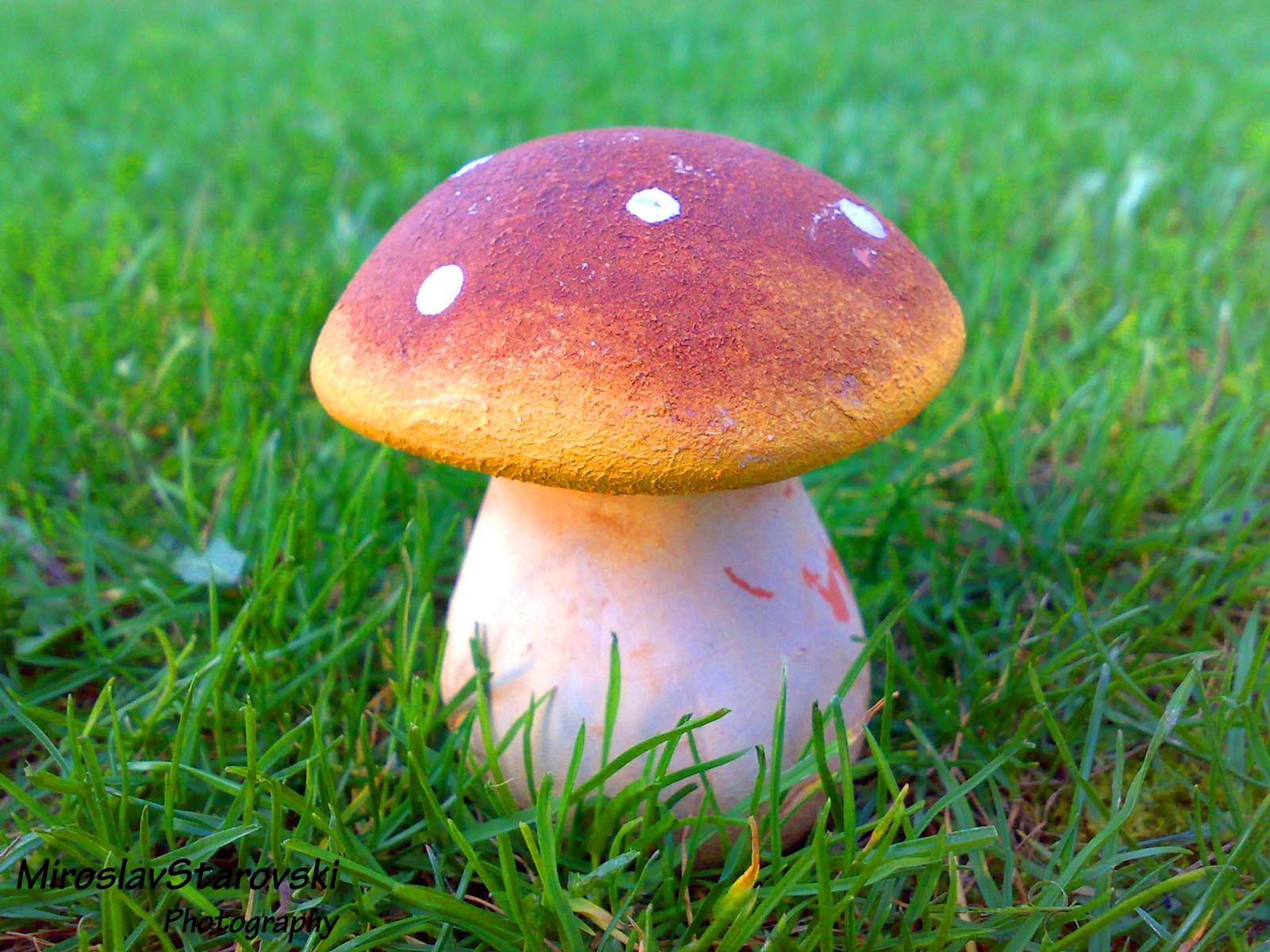During this preconditioning, the nematodes begin pumping out a sugar called trehalose, which may be involved in helping protect their DNA, cells and proteins from degrading.
Candied nematode!
Finally, the perfect gift for someone who has everything.
Mmmmmm, Mountain Dew Zero Desiccation! Now at select Taco Bell locations.
By sequencing the genome of this Rip Van Winkle roundworm, scientists revealed it to be a new species of nematode
If this nematode could read I bet it would be offended at being called “new.”
… insert sci-fi horror plot here…
X-Files beat you to it: Season 1, Episode 8
Great episode - have an upvote :)
Yeah, ancient and possibly eldlritch buttworms. :X
X-Files beat you to it - season 1 episode 20
That’s another great episode.
The horror! Such a great episode though.
Imagine being that roundworm, waking up after being asleep for 46,000 years and wondering why everything has changed so much!
Also makes me wonder just how long they could sit there in permafrost and still be able to wake up. Is there an upper limit?
I think you’re projecting a lot of your human cognitive ability on this particular worm
Yes, I’m aware of that. I know that worms are very, very simple creatures that don’t really have much of any cognitive ability at all. I think the key word in my post is “imagine”.
At the same time I was more enthused with the tought if the world would have changed as much from the worms’ perspective. I don’t think the siberian flora and fauna have changed very drastically. Probably the mammoths were still around back then, and that would be the most important change. The climate might be different.
The climate was definitely very different back then. So that would have affected the flora, and there was also a whole bunch of megafauna alive back then that have since gone extinct, likely taking a lot of their gut microbiome with them, since we know that the bacteria and parasites living inside larger animals can be species-specific. I think to the roundworms’ perception, there’d actually be a lot of changes in the soil that they would pick up on, that we wouldn’t. Like, you know, maybe they were used to eating mammoth poop and now they’re in a lab after being woken up, they’re eating something that just tastes weird to them because it’s not what they were used to. Even pretty simple animals can recognise and respond to changes in their environment, even if they don’t question it cognitively.
Thanks for a broader Worms’ perspective than I could think of. Cheers Mr. Frog
No problem! :)
“Ah, after fourty-six thousand years I’m free! It’s time to conquer Earth!”
rock guitar starts
I think I’ve seen this movie.
Uhm. Don’t do that.
Just in time for the new season of Futurama!
Someone go to that worm and welcome him to the world of tomorrow!
Just because there’s not enough going wrong in the world already, I guess
Why make yet another species available to the eternal suffering of life?
“Thanks! Now, where’d I leave that rotting chunk of mammoth?”












